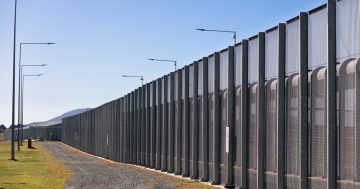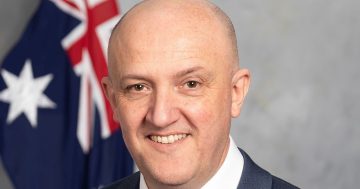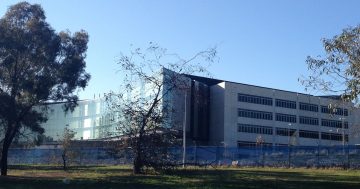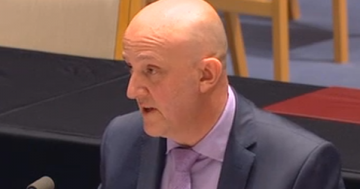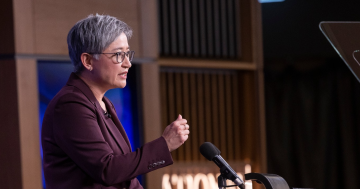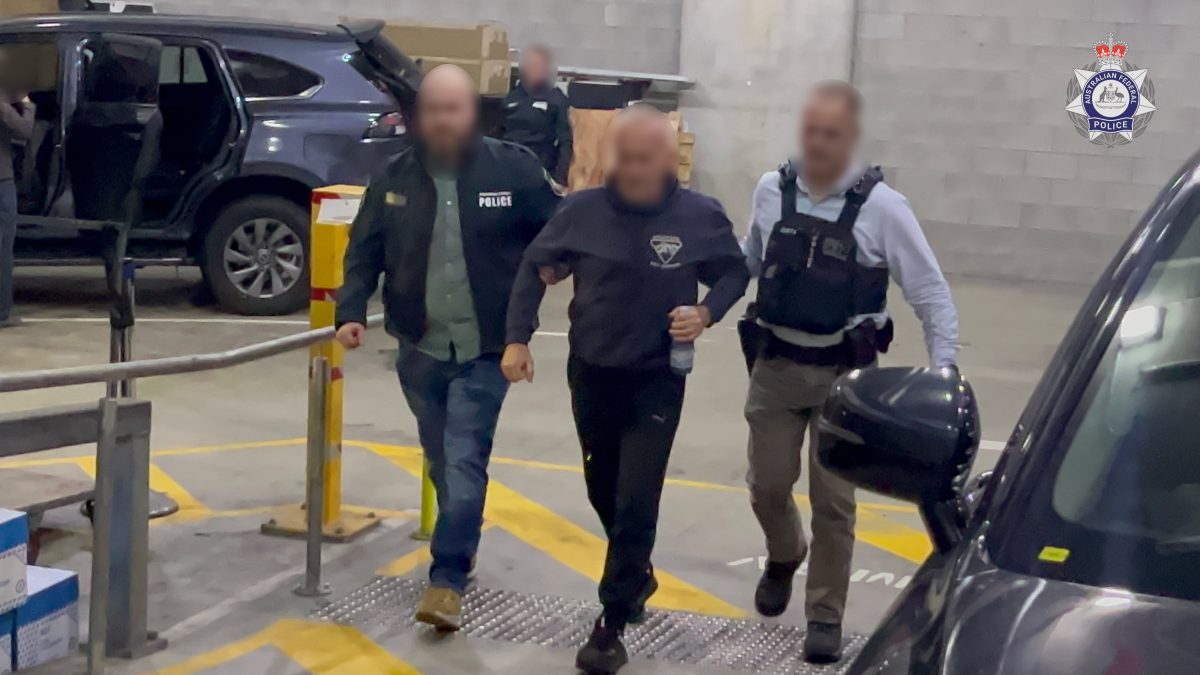
Igor Korolev being arrested on suspicion of spying for Russia. Photo: AFP.
Two Russian-born Australian citizens have been arrested on suspicion of espionage, making them the first to be charged under the Commonwealth’s tough new spying laws introduced in 2018.
One is a 40-year-old woman serving as an Australian Defence Force Army Private. The other is her 62-year-old husband, who is a self-employed labourer.
The pair, Kira Korolev and Igor Korolev, were arrested on Thursday (11 July) at their Queensland home to face the Brisbane Magistrates Court, charged with one count each of preparing for an espionage offence.
The charges carry a maximum penalty of 15 years’ imprisonment.
Australian Federal Police made the arrests in the Brisbane suburb of Everton Park.
The arrests and charges were announced at a media conference held in Canberra on Friday morning (12 July).
The Counter Foreign Interference Taskforce (CFITF), which includes the AFP, ASIO and other Commonwealth partners, had been monitoring the couple under Operation BURGAZADA.
It is the third time the AFP has charged individuals with espionage or foreign interference-related offences since the introduction of the offences into the Criminal Code Act 1995 (the previous two individuals were charged with foreign interference offences distinct from espionage).
The AFP allege the two were working together to obtain classified and sensitive information to hand over to Russian authorities.
AFP Commissioner Reece Kershaw moved to assure the public there was no ongoing threat as the operation had disrupted the alleged criminality.
“Espionage is an insidious crime, and at a time of global instability, state actors have ramped up their efforts to obtain information held by Western democracies, including Australia,” Commissioner Kershaw said.
“Espionage is a crime that is committed in the shadows and in daylight, but Australia, through its mature national security community, is well-placed to identify and disrupt those trying to undermine our democracy.
“Espionage is not a victimless crime. It has the potential to impact on Australia’s sovereignty, safety and way of life.
“I want to pay tribute to those in the CFITF who have shown extraordinary tenacity and technique in this complex investigation.”
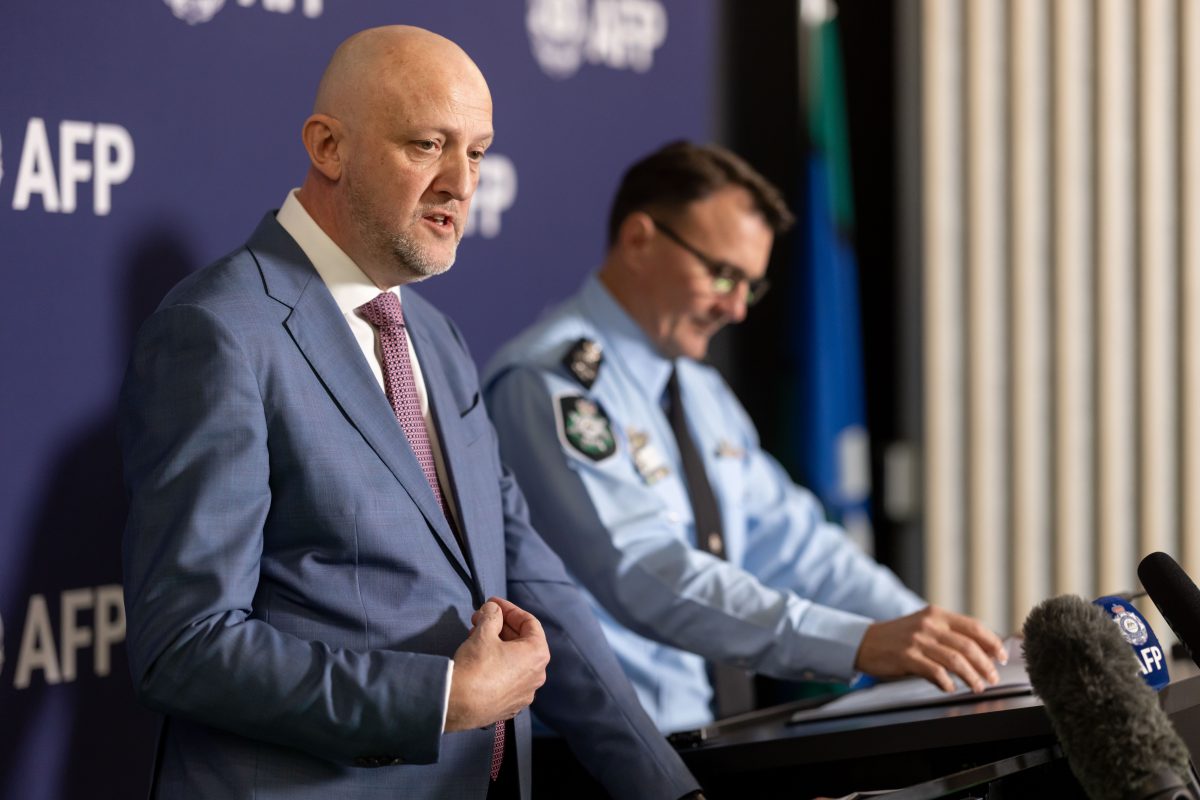
Mike Burgess and Reece Kershaw announcing the arrests of two Russian-born Australian citizens on suspicion of espionage. Photo: AFP.
The AFP alleges that while on long-term leave from the ADF since 2023, the woman undertook non-declared travel to Russia with and without the man.
According to police, while the man remained in Australia, the woman allegedly instructed him on how to log into her official work account and guided him to access specific information to send directly to her private email account while she was in Russia.
According to the AFP, the woman’s ADF account credentials were used on a number of occasions to access sensitive ADF information with the intent to provide it to Russian authorities.
The information accessed by the couple reportedly related to Australian national security interests.
Whether that information was provided to Russian authorities remains under investigation, as does the conduct of the pair while overseas, the AFP says.
Further charges could be laid at a later date.
ASIO Director-General Mike Burgess stressed that espionage was very real, with “multiple countries” seeking to steal Australia’s secrets.
“Espionage is not some quaint Cold War notion. Espionage damages our economy and degrades our strategic advantage,” Mr Burgess said.
“It can have catastrophic real-world consequences.
“ASIO takes its responsibility as Australia’s spy catcher extremely seriously. If you are spying in this country, we are looking for you. If you are being spied on in this country, we are looking out for you.”
Anthony Albanese said Australia’s security agencies were doing a good job.
The Prime Minister added that he had been extensively briefed on the situation.
“This is something that [shows] we live in uncertain times,” he said.
“And we know that the work that our security agencies … are on top of this. I think we can have a great deal of confidence that our agencies do their job, and they do it well.”
Defence issued a statement acknowledging the arrest of one of its personnel.
“Defence takes all breaches of security seriously,” it said.
“In response to serious allegations, it is general practice to suspend an ADF member from service, including immediately cancelling the member’s access to Defence bases and ICT systems.
“Defence continues to work with the Counter Foreign Interference Taskforce.
“As this matter is before the courts and due to personal privacy obligations, Defence will not make further comment.”
Original Article published by Chris Johnson on Riotact.


